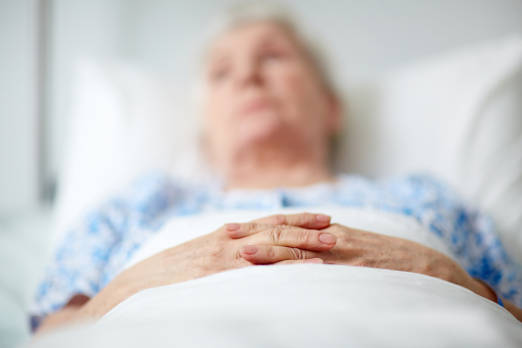MRSA: Risks, Symptoms and Prevention in Seniors
Are You at Risk for MRSA?
MRSA is one of those dreaded antibiotic-resistant diseases. And many elderly people have an increased risk of getting it. Here’s what symptoms to look for and how to help prevent it.
Download the Printable Flyer: Risks, Symptoms and Prevention in SeniorsWhat Is MRSA?
MRSA stands for methicillin-resistant Staphylococcus aureus. It’s a bacteria that can cause infections in different parts of the body. It was first discovered in 1961, but since then, it’s adapted to become resistant to many antibiotics.
People can carry MRSA without being infected (for example in the nasal lining). But it can become a serious problem once it manages to get inside the body through a cut or tear in the skin.
Who Is at Risk for MRSA?
MRSA spreads by contact. You could get it simply by touching another person who has it on their skin.
The Mayo Clinic says most MRSA infections start in hospitals, nursing homes and other health-care centers. So some elderly people are at an increased risk. In fact, several studies have shown the average age of people with MRSA to be around 68.
What Are the Symptoms of MRSA?
MRSA infections typically start as small red bumps that look like pimples, boils or spider bites, according to the Mayo Clinic. They can become abscesses you have to have surgically drained. If the bacteria moves from the skin into the body, this can cause life-threatening internal infections.
If you think you might have MRSA, consult with your health-care provider immediately.
How Do I Prevent a MRSA Infection?
Here are four of the prevention methods Mayo Clinic recommends:
- Washing your hands.
- Sanitizing linens.
- Keeping wounds covered.
- Keeping personal items personal.
For more information on ways to prevent MRSA infections, or to find out how our caregivers can help prevent them by providing linen sanitation, guidance with hygiene and other services, please contact us today to experience the Preferred Care at Home difference.
contact us today